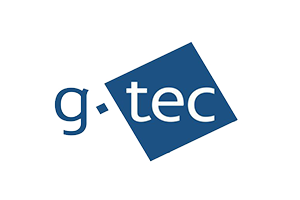Background
Neurological diseases encompass a broad spectrum of disorders that impact the brain, spinal cord, and peripheral nerves, including epilepsy, strokes, migraines, and seizures. A significant subgroup within this spectrum is cerebrovascular diseases, which affect the blood arteries in the brain. The most common example is a stroke, which happens when ischemia or hemorrhage reduces or stops blood supply to the brain, causing damage to brain cells. Smoking, high blood pressure, diabetes, high cholesterol, and unhealthy lifestyle habits are risk factors.
As Indonesia's population ages and becomes more urbanized, neurological disorders are becoming an increasingly critical public health issue. The most common cause of mortality and disability is stroke. The prevalence of stroke in the country is 10.9 per 1,000, according to Riskesdas 2018. Reducing the burden of cerebrovascular and other neurological illnesses requires early detection, appropriate treatment, and lifestyle modifications.
As Indonesia's population ages and becomes more urbanized, neurological disorders are becoming an increasingly critical public health issue. The most common cause of mortality and disability is stroke. The prevalence of stroke in the country is 10.9 per 1,000, according to Riskesdas 2018. Reducing the burden of cerebrovascular and other neurological illnesses requires early detection, appropriate treatment, and lifestyle modifications.



















